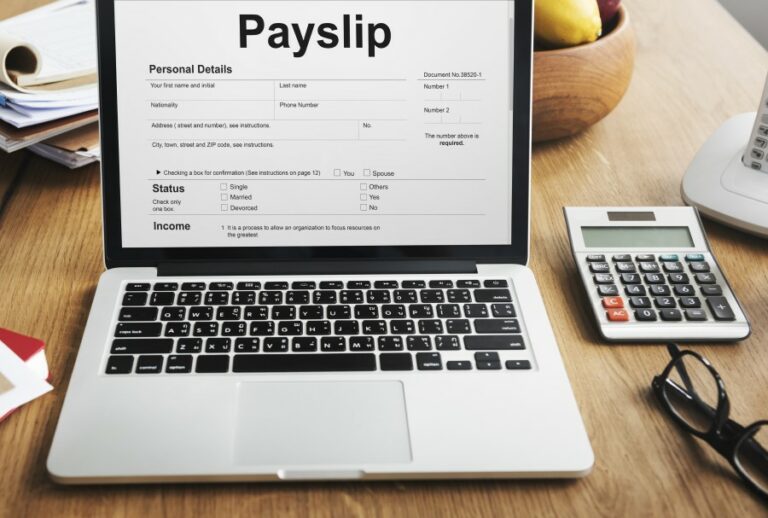Posting employees to the Netherlands – Step by step guide
Posting employees to the Netherlands? Step by step guide
What needs to be done when employees are sent to the Netherlands?
1. Check whether your employees meet the conditions for residence in the Netherlands
Your employees may need a residence permit or a visa to reside in the Netherlands. They must register with the local municipal authority if they remain in the Netherlands for longer than 4 months.
2. Check whether your employees have the professional qualifications required in the Netherlands
Certain professions may only be practised in the Netherlands if your employees have the correct certificate. They must have this certificate officially recognised by the competent authority in the country where they obtained it.
3. Apply for work permits
You must apply for work permits for your employees if they are from outside the EEA/Switzerland or from Romania or Bulgaria. If your business is based in the EEA or Switzerland, however, these work permits will not be required but you do have a duty of notification.
4. Find accommodation for employees with a work permit
You are obliged to find suitable accommodation for employees who need a work permit. In doing so, you must comply with the rules of the municipality where your employees will be working.
5. Apply for A1 certificates
If your employees work in the Netherlands on a temporary basis, they can sometimes remain insured for social security purposes in the country where your business is based. For this purpose you will need to apply for an A1 certificate.
6. Check whether your employees must take out healthcare insurance
If your employees cannot obtain E101/A1 statements, they will be insured for social security purposes in the Netherlands and you must withhold the relevant contributions from their wages. In that case, your employees will also be obliged to take out healthcare insurance in the Netherlands.
7. Register with the Dutch Tax and Customs Administration
In most cases, you are obliged to pay payroll tax in the Netherlands for your employees. Sometimes you must also pay VAT. For this purpose you must register with the International Office of the Dutch Tax and Customs Administration.
8. Apply for tax and social insurance numbers from the Tax and Customs Administration
To be able to pay payroll tax, you will need each employee’s citizen service number or tax and social insurance number. They have to collect this number personally – by appointment – from the Tax and Customs Administration.
9. Make sure that your customer is not held liable for the payroll tax
If you do not pay your payroll tax, your customer will be held liable. To prevent this, your customer may ask you to set up a blocked account (G account) with the Dutch Tax and Customs Administration.
10. Check whether a Collective Labour Agreement applies to your business
Some sectors in the Netherlands have concluded a Collective Labour Agreement (CAO). If the CAO has been declared mandatory by the Ministry of Social Affairs and Employment, you as a foreign employer must observe a number of key provisions.
11. Pay at least the minimum wage and holiday allowance
Everyone working in the Netherlands is entitled to the statutory minimum wage and a holiday allowance. As a foreign employer, you also have to pay at least this minimum wage.
12. Comply with the rules on working hours and holiday entitlements
You must comply with the Dutch Working Hours Act with regard to your employees in the Netherlands. This Act states how many hours your employees may work on a daily and weekly basis. Your employees are also entitled to a minimum number of days’ leave on full pay.
13. Fulfil your payroll tax obligations
You are obliged to keep payroll records for the Dutch Tax and Customs Administration and to file payroll tax returns. Once you have registered with the Tax and Customs Administration, you will receive an invitation to file a tax return. Expatax can arrange this for you. Also check whether your employees qualify for the 30% ruling.
14. Check whether you must charge VAT
You may have to charge your customer turnover tax (VAT) for the services performed by your employees in the Netherlands. In that case, you have to file VAT returns in the Netherlands. However, sometimes the VAT levy is reverse-charged to your customer and you are not required to pay VAT.
Follow the steps above when you transfer, send, post or detach an employee to the Netherlands and you will prevent problems!
Contact Expatax for assistance.






